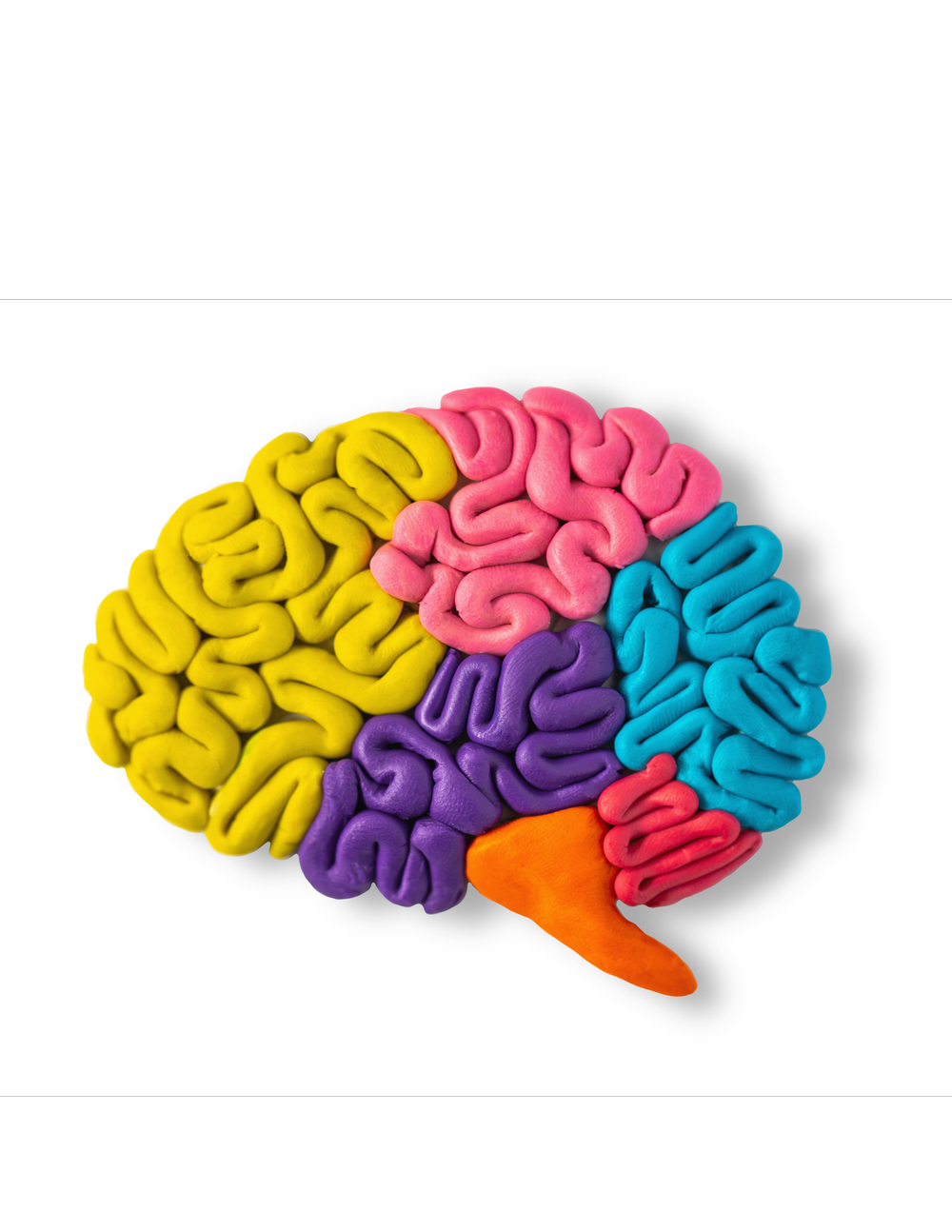
Upcoming Events

Uncertain: Ethical Considerations for Supporting Faith Deconstructing Clients
UNCERTAIN: Ethical Considerations for Supporting Faith Deconstructing Clients
This 3-hour continuing education workshop from Kirk Sheppard, LPCC-S (author of “Jesus & Me: Questioning God, Life, and Everything in Between”) explores the complexities of supporting clients who are deconstructing their faith, particularly within Christian traditions. Deconstruction is a deeply personal and often challenging process that involves critically examining long-held religious beliefs and practices.
The training focuses on ethical considerations counselors may encounter, such as maintaining client autonomy, navigating confidentiality in the face of family or community pressure, and addressing power dynamics inherent in religious contexts. Utilizing the Feminist Ethical Decision-Making Model, participants will learn to apply ethical frameworks that emphasize collaboration, cultural sensitivity, and empowerment.
The workshop integrates practical therapeutic approaches, including Relational-Cultural Theory (RCT) to address relational disconnection, Cognitive-Behavioral Therapy (CBT) to reframe cognitive distortions, and Narrative Therapy to help clients re-author their spiritual journey. Case studies and interactive exercises provide hands-on learning to equip counselors with tools to manage ethical dilemmas and personal biases in practice.
By the end of the training, participants will:
Understand the ethical challenges of supporting clients during faith deconstruction.
Apply feminist ethics and therapeutic frameworks to navigate these challenges.
Engage with practical strategies to foster client growth, autonomy, and well-being.
REGISTER HERE.
Cost: $45
3 Hours of Ethics approved by the Ohio Counselor, Social Worker and Marriage and Family Therapist Board
Approval #: MCST01258892

Supporting Neurodivergent Families: Autism, PDA, ADHD, and Other Neurodevelopmental Disorders
This interactive, three-hour workshop from Sharon Hicks, LPCC-S provides clinicians with a foundational understanding of neurodiversity across autism, PDA, ADHD, and other neurodevelopmental profiles. Participants will learn practical strategies for improving family support and resilience, with a focus on empathy, autonomy-respecting techniques, and flexibility in therapeutic methods. Through case studies, role-play, and guided discussions, clinicians will build confidence in applying trauma-informed care principles with neurodivergent clients and families.
Learning Outcomes:
Recognize Key Characteristics of Neurodivergent Profiles
Differentiate characteristics of autism, PDA, ADHD, and other neurodevelopmental traits to tailor therapy effectively for each individual and family.
Implement Trauma-Informed and Strengths-Based Techniques
Apply trauma-informed care principles to create safe therapeutic environments for neurodivergent clients, with specific strategies for reducing family stress and building resilience.
Enhance Family Communication and Support Networks
Equip clinicians with tools to foster open communication between family members, reduce misunderstandings, and promote adaptive coping skills.
Address Personal Bias and Increase Cultural Competency
Through self-reflection, clinicians will explore personal biases and cultural factors in the interpretation of neurodivergent traits, promoting inclusive and affirming practices.


